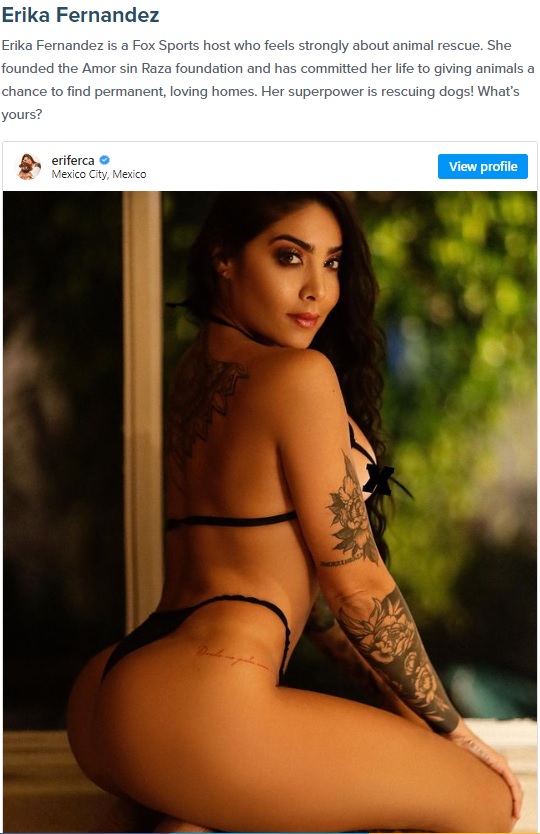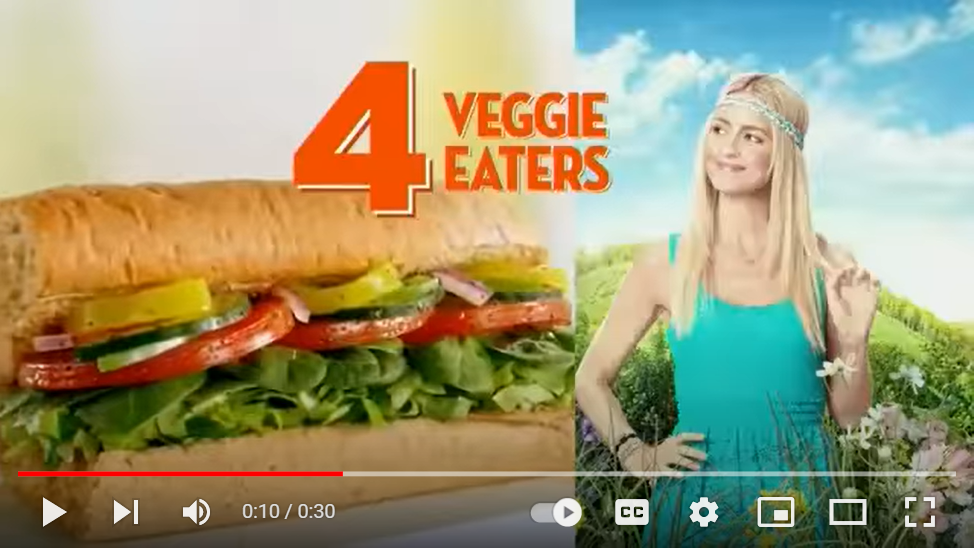Menstruation, although generally absent from vegan feminist theory, is central to both gender and species boundary maintenance. Menstruation has historically served as a potent symbol of female animality and has been used as justification for ostracization, segregation, and subjugation. It is seen as the root of female irrationality. It is a marker of uncleanliness and even moral failing. Meanwhile, women who cannot menstruate–such as menopausal, intersex, or trans women–are framed as alien or burdensome and are pushed to the margins. The stigmatization of menstruation is so powerful that this very important marker of vegan feminist intersectionality—the shedding of blood—is practically unexamined.
When we think of menstruation, we primarily think of female humans, but many mammals menstruate. Menstruation is only discussed in the anti-speciesism discourse, however, in a sterile manner. Activists generally do not even acknowledge its role. Billions of chickens the world over are exploited each year for their menstrual capabilities. Cows and other female domesticates in the agricultural system and companion animal industry, furthermore, are labeled “spent” and sent to slaughter or are euthanized when they menstruate and “fail” to become pregnant. Women, too, are vulnerable should they “fail” in this regard. Period politics are also integral to the derogation of transgender women, nonbinary and intersex persons, women with certain disabilities, older women, and other feminized groups who no longer mensturate or never did in the first place.
Period politics, furthermore, feed measures of sexual control that are couched in animality. Menstruation or “moon time” has been linked, for instance, to misogynistic and ableist stereotypes about women’s mental stability. Women were literally believed to be under the lunar influence, exhibiting lunacy when they bled. Because rationality is considered one of the key demarcations of humanity from other animals, women’s ability to menstruate and the associated lapse of rationality essentially categorized women as less than human, more animal-like, lacking in agency, guided by instinct, and uncivilized.
Even today, premenstrual syndrome (PMS) is wielded to dismiss or denigrate women: “It must be that time of the month.” Although PMS is a relatively common “disorder” (if a natural bodily response to changing hormones can be considered “disorderly”), it is weilded against menstruating people as further evidence to their irrational animality. Women who are too loud, too aggressive, too emotional, or too anything by patriarchal standards are believed to be unaccountable for their actions, governed as they are by biology and nature.
For Nonhuman Animals, the regulation and consumption of their periods underscores their animality more profoundly. Although few consumers are conscious of the fact they are eating a menstrual product and have close to no understanding of farmed animals’ reproductive cycles (including those used for companionship), “breeders” and “farmers” have made an intimate knowledge of their ovulation their business as this knowledge is profitable. In the case of chickens, their ovulation is genetically manipulated to produce grotesque amounts of eggs. Almost all hens used for menstrual purposes are kept in cages to facilitate full human control over their bodies and behaviors. By withholding food, water, and lighting, humans can force chickens to molt between egg-laying cycles. Without this intervention, chickens will not produce eggs so as to allow their bodies time to recover. Forced molting, which can entail starvation for as much as two weeks, means that this critical healing time is not allowed and egg production can continue.
Some consumers will also be intimately familiar with the products of fish menstruation in the form of caviar. Modern caviar production does not involve the natural passing of eggs. Female fishes (often sturgeons) are electrocuted or are given cesarean sections to manually remove eggs. Although this “stripping” process is widespread, some industries use physical manipulation of the fish’s body to encourage the release of eggs without killing her. This menstrual product is considered a highly-prized culinary delicacy in many cultures of the world.
The menstruation of a variety of female species is manipulated in order to encourage reproduction, growth, lactation, or some other bodily process or product that can be monetized. The highly sensitive eye stalks of female shrimps, for instance, are crushed or removed to encourage them to reproduce (a procedure euphemistically referred to as “eyestalk ablation”). Doing so is thought to alter her hormonal system for peak exploitation. Her blindness creates permanently dark conditions which trigger her body to ovulate. This mutilation is particularly important in stressful, unhealthy factory farm conditions where most sentient beings instinctively resist reproduction or are otherwise too sick to reproduce. “Eyestalk ablation” became standard practice with the industrialization of shrimp farming in the later half of the 20th century.
Human women, too, have been subject to all manner of forced sterilization, forced or coerced contraception, and even genital mutiliation to control their menstruation. The connections are many and the root of this oppression can be found in the social derision of animality. One of the final frontiers of feminist progress is the normalization of menstruation and the elimination of period stigma. Although nearly half of the human population menstruates for a portion of their life, the cultural silence surrounding menstruation suggests that it is anything but a natural human process. Psychologists have noted that menstrual stigma contributes to the lower status of women and deteriorates their psychological and physical well-being (Johnston-Robledo and Chrisler 2013).
This silence obviously reflects norms set by patriarchy as most men will never menstruate, but more than this, menstruation signals something more insidious about the cultural regard for the female experience. The passing of blood is a monthly reminder of women’s association with the natural world. It also serves as a reminder that humans, like other animals, are products of basic reproduction. This is a link to the evolutionary and biological reality of humanity that centuries of religious and human supremacist doctrine have worked to obscure. Hiding periods (and childbirth, for that matter) works to differentiate humans as something above other animals, something more divinely designed.
The destigmatization of menstruation will need to be couched in the destigmatization of animality. Acknowledging the basic animal process of shedding uterine lining as something that is just as normal and natural as urination, defecation, shedding skin and hair, growing nails, running noses, tearing eyes, and waxing ears can challenge the patriarchal notion that some bodily functions are deviant, shameful, and should be hidden. Bringing basic reproductive functions to normalcy could demystify human sexuality, but it could more fundamentally illustrate the similarities between humans and other animals as biological beings with comparable biological processes. Advancing the status of women will necessitate the advancement of other animals in tandem.
Dr. Wrenn is Lecturer in Sociology at the University of Kent. She received her Ph.D. in Sociology with Colorado State University in 2016. She was awarded Exemplary Diversity Scholar, 2016 by the University of Michigan’s National Center for Institutional Diversity. She served as council member with the American Sociological Association’s Animals & Society section (2013-2016) and was elected Chair in 2018. She is the co-founder of the International Association of Vegan Sociologists. She serves as Book Review Editor to Society & Animals and is a member of the Research Advisory Council of The Vegan Society. She has contributed to the Human-Animal Studies Images and Cinema blogs for the Animals and Society Institute and has been published in several peer-reviewed academic journals including the Journal of Gender Studies, Environmental Values, Feminist Media Studies, Disability & Society, Food, Culture & Society, and Society & Animals. In July 2013, she founded the Vegan Feminist Network, an academic-activist project engaging intersectional social justice praxis.
She is the author of A Rational Approach to Animal Rights: Extensions in Abolitionist Theory (Palgrave MacMillan 2016), Piecemeal Protest: Animal Rights in the Age of Nonprofits (University of Michigan Press 2019), and Animals in Irish Society: Interspecies Oppression and Vegan Liberation in Britain’s First Colony (State University of New York Press 2021).
Receive research updates straight to your inbox by subscribing to my newsletter.











